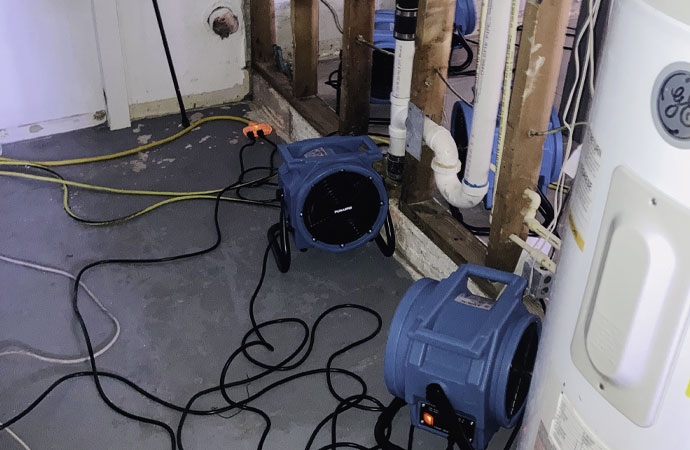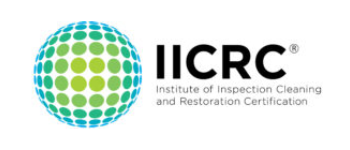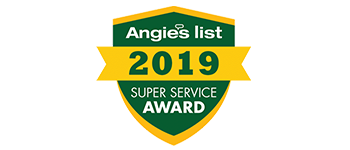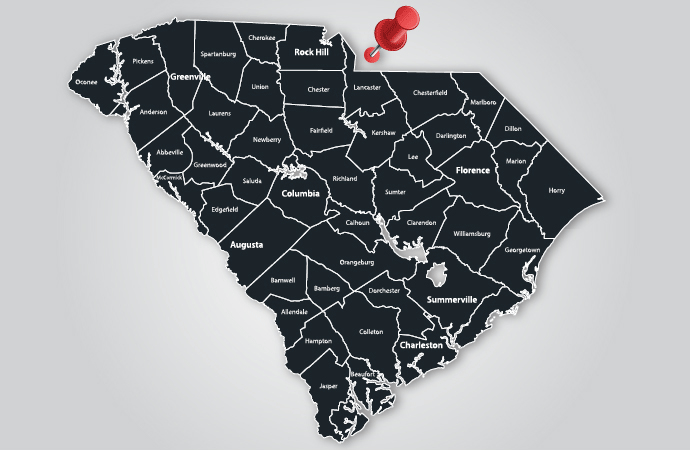What Type of Water Damage is Covered by Homeowner’s Insurance?
Claims for water damage are some of the most common claims by homeowners on their homeowner’s insurance policies. Most homeowners believe their insurance policies cover water damage in their homes. However, not all water damage is covered, and often, it takes a water damage event for the homeowner to find out. Each incident must be evaluated by the insurance company to determine whether coverage applies and to identify the precise cause of the water damage. By researching different ways water can damage your home and learning what type of water damage is covered by homeowner’s insurance, you can be better prepared during tough times.
Water Damage Events That Are Usually Covered
So, what type of water damage is covered by homeowners insurance? Water damage is protected under most homeowner’s insurance policies when the water damage is caused by sudden internal damage, which means the water never touched the outside ground. The water damage therefore must be the result of one of the sixteen perils covered by standard homeowner’s insurance policies, listed below:

- Fire or lightning
- Windstorm or hail
- An explosion
- Riot or civil commotion
- Damaged caused by aircraft
- Damage caused by vehicles
- Smoke
- Vandalism or malicious mischief
- Theft
- Volcanic eruption
- Falling objects
- Weight of ice, snow or sleet
- Accidental overflow of water from within a plumbing, heating air conditioning or automatic fire protection system
- Sudden and accidental tearing apart, cracking, burning or bulging of a steam system, heating system, air conditioning or automatic fire protection system
- Freezing of plumbing and other systems
- Damages from artificially generated electrical currents.
A few of these are worth a little elaboration.
Water Damage Caused by a Fire Protection System or Extinguishing a Fire
Water damage caused by faulty fire protection systems and fire-fighting is often quite extensive. It can damage drywall on floors and ceilings, the wood structure, personal property, electrical systems, sealing and caulking, and flooring, including carpeting. Some of the damage may not be visible or even detectable for weeks after it all dries, which may make it difficult for you to prove your claim. Make sure you consult with your insurance company about documenting the damage and the scope of coverage.
Damage Caused by Accidental Overflows
A very common cause of water damage is when an air conditioning system, dishwasher, or washing machine starts to suddenly and inexplicably leak. When these leaks happen, large amounts of water can leak all over the floor, down the walls, and into the lower levels of your home. For those with finished basements, water can accumulate there and flood, causing damage to your personal property. Before you clean it all up, document the extent of the damage to support your claim.
Mold Infestation after the Water Damage
Mold infestation is a frequent result of water damage. However, removing it is not always covered by homeowner’s insurance. Some policies exclude mold. Whether it’s covered depends on what caused the mold and whether the homeowner has coverage.
Frequent Causes of Water Damage Not Covered by Standard Homeowner’s Insurance
Nothing seems more aggravating than thinking you are covered for a water damage incident only to learn that your policy did not cover it. So, on the contrary of what type of water damage is covered by homeowners insurance, what type of water damage is not covered by homeowner’s insurance? Generally, homeowner’s insurance does not cover:
- Gradual damage
- Damage caused by lack of maintenance or neglect (such as ignoring leaking pipes).
- Damage resulting from a flood or groundwater seeping in from outside.
As the term implies, “gradual damage” means damage that has occurred over time. Common examples of gradual damage include leaking plumbing or faucets that have over time caused damage to the walls, ceilings, floors, or personal property. Another common example is damage from water seeping through cracks in the foundation into your home. Water leaking through worn out roofing shingles or flashing is another common cause of damage that is not covered by most homeowner’s insurance policies. (However, damage to the interior of the home may be covered).
Check Your Policy
To know what kind of coverage you have for water damage, the first step is to read your policy. If you have any questions about coverage, contact your insurance agent and seek clarification. It’s best to get clarification about coverage before you experience water damage and take steps to repair faulty plumbing and correct any other conditions that could result in damage.
Document the Damage
When you do have to make a claim for water damage, make sure you document the damage before you begin cleaning up. That means taking photos of all damaged areas and any personal property that was damaged. Also, take photos of where the water came from – a hole in the roof, a frozen pipe, or a leaking appliance. Your insurance company’s claims adjuster will want to see those photos along with any photos you have of the same property before the damage. Those photos will also help you if mold develops later. They will help support a claim that the mold was a result of the covered incident and did not occur due to neglect.
Consult with the Water Damage Professionals at Kingsley, and Avoid Surprises
Avoid surprises about your water damage. Schedule a call with the water damage professionals at Kingsley Water Damage Restoration, for more information about our water mitigation services.





